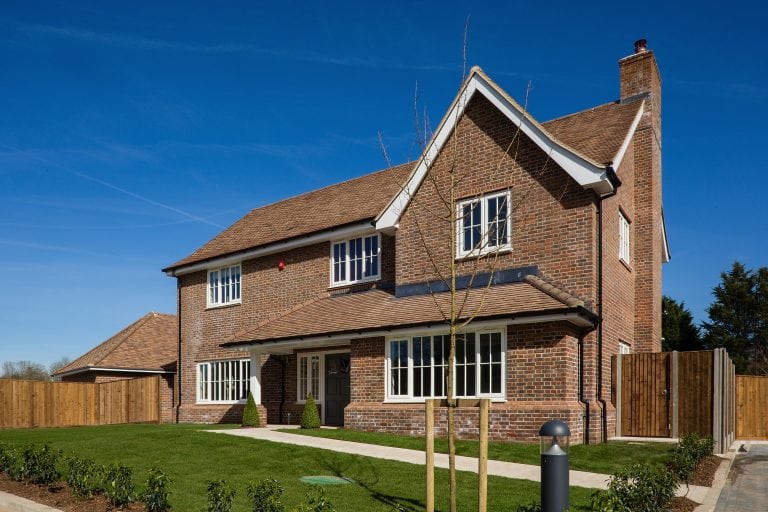With the new school year now underway, Richard Werth, CEO of Troy Homes has taken a look at the impact that ‘outstanding’ Ofsted rated schools have on house prices. According to data from the Land Registry, Department of Education and Ofsted, the connection between family sized homes and proximity to a school with an ‘outstanding’ Ofsted rating (state or private; primary or secondary) can be as much as 28% and, even at the extremities of the schools’ catchment areas, it can remain around 20%. Given that some schools’ catchment areas can span 20 miles in each direction from the school’s gates, an Ofsted ‘outstanding’ rating can affect a huge swathe of property. Whilst living within a school’s catchment area does not guarantee a place, it certainly helps. For example, living within the catchment area of a Grammar School is often essential to securing a place. The premium for homes within 5 miles of popular private schools is often much higher than 28% – particularly in University cities where demand outstrips supply. So, as there is usually no formal catchment area, there is a temptation to live further away from the school. But, it is worth bearing in mind that if you live 10-15 miles west of the school, then your child’s best friend could easily live the same distance to the east of the school, making sleepovers and parties very complicated! Choosing the right schools is highly individual and can change as your children develop. It can be a complex and daunting process but, in the end, it very often comes down to ‘gut feel’ – you just know when you have connected with staff, students and atmosphere and if it just feels right. Buying to be in a catchment area is one thing, but the family home still has to meet the demands of all the family’s lives. Affordability, design, layout, size, commute, local facilities are just a few of the criteria that should be considered; after all, life outside school is just as important. But, for everyone’s benefit, the shorter the school run, the better.






